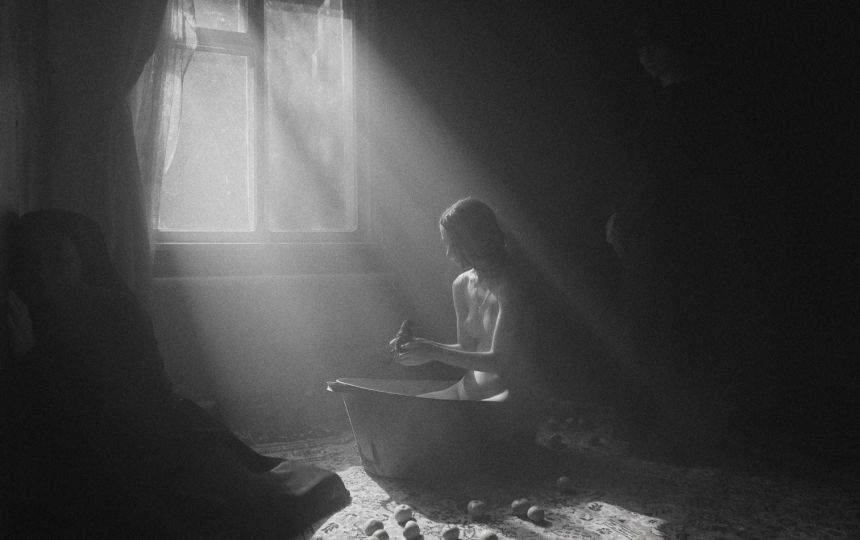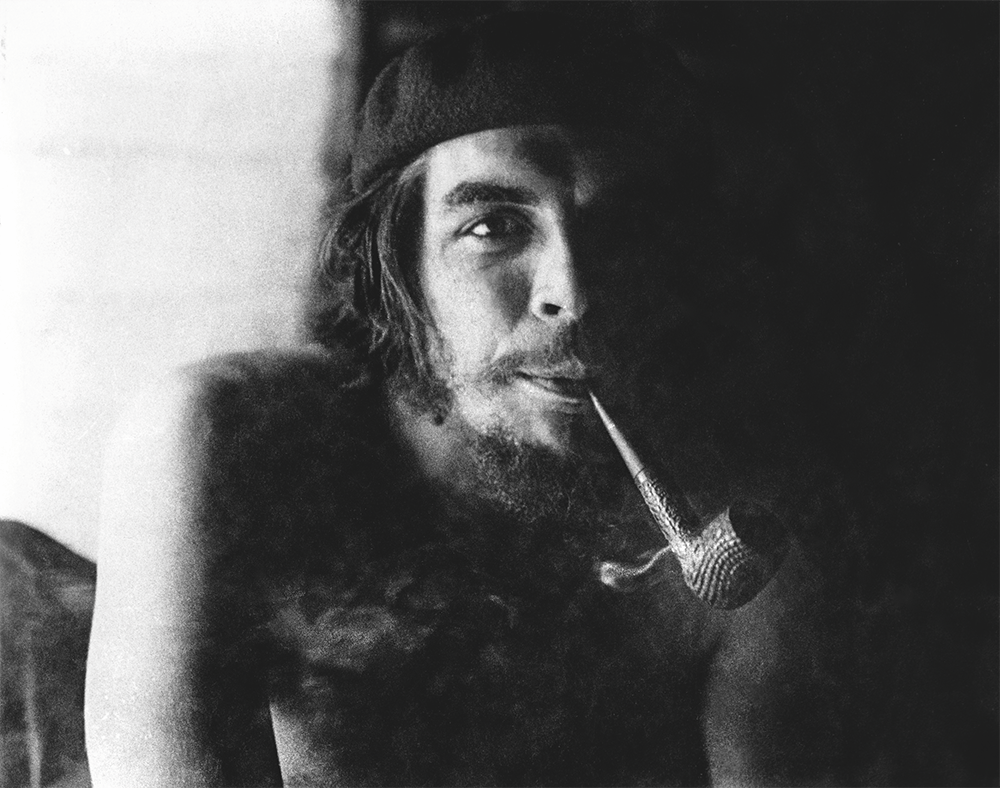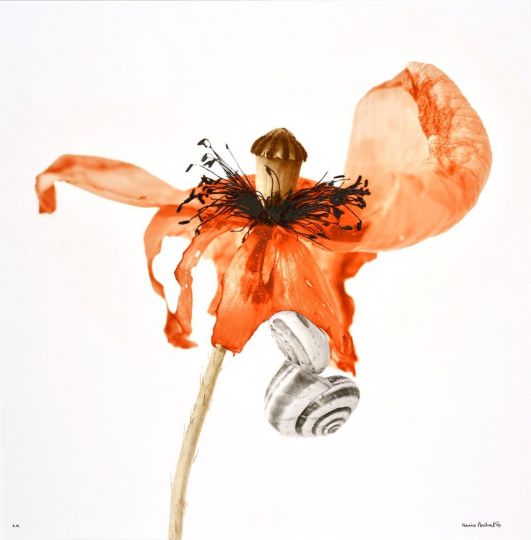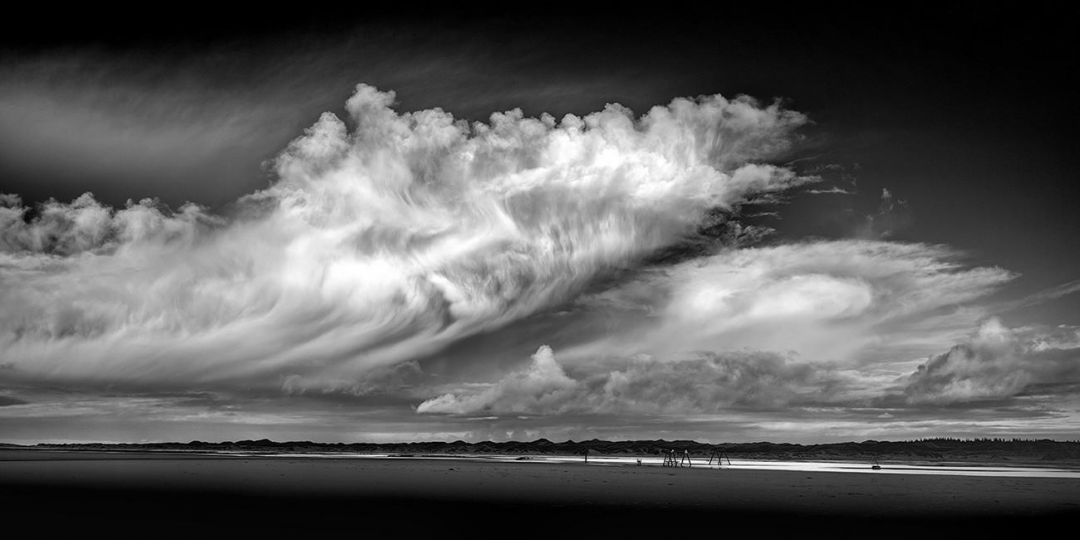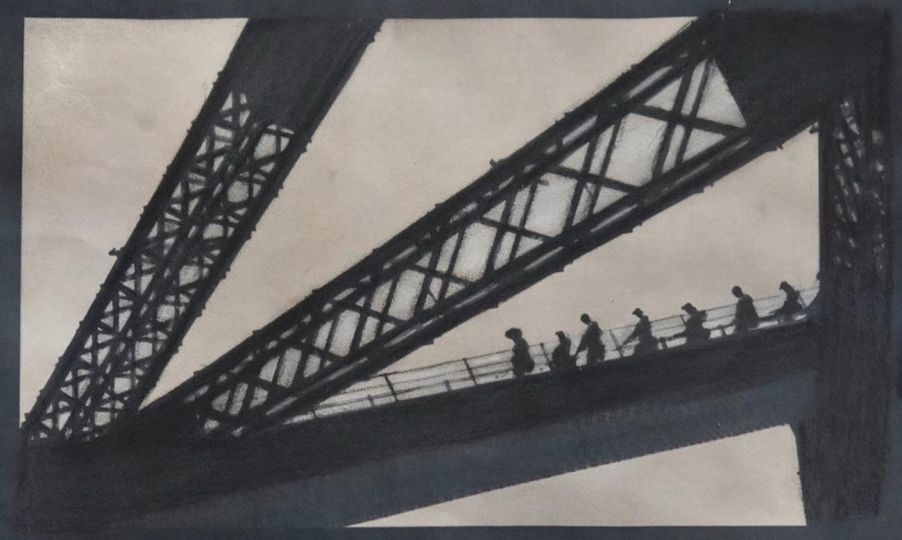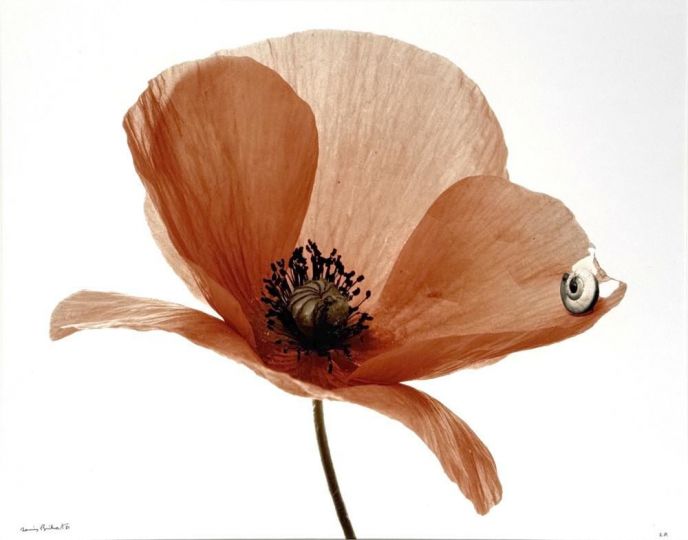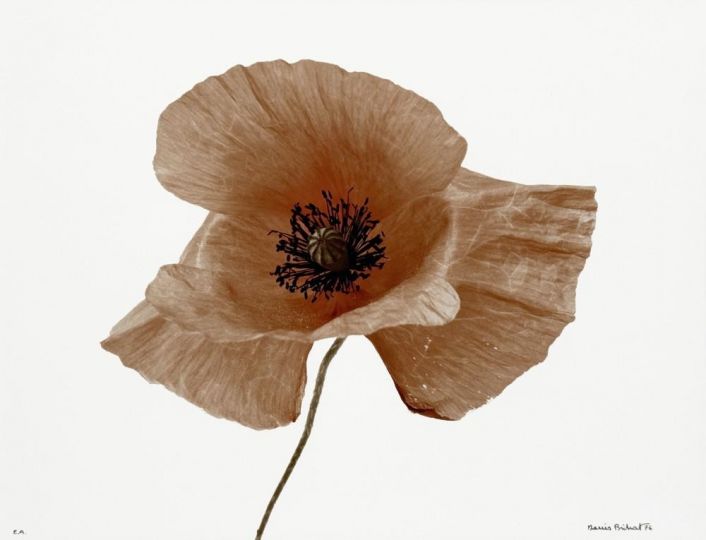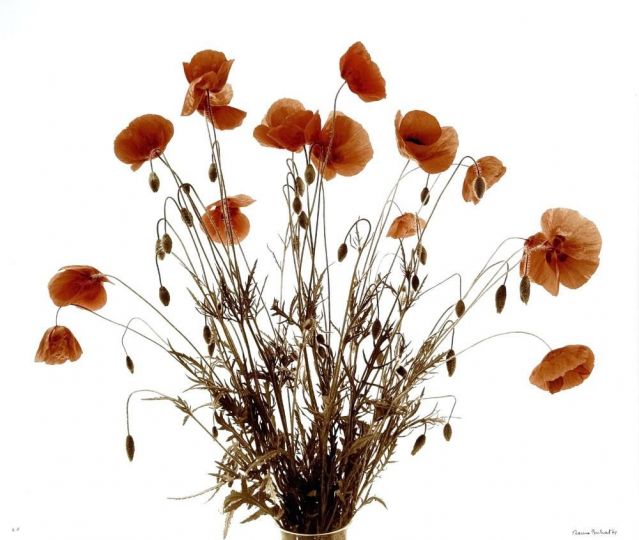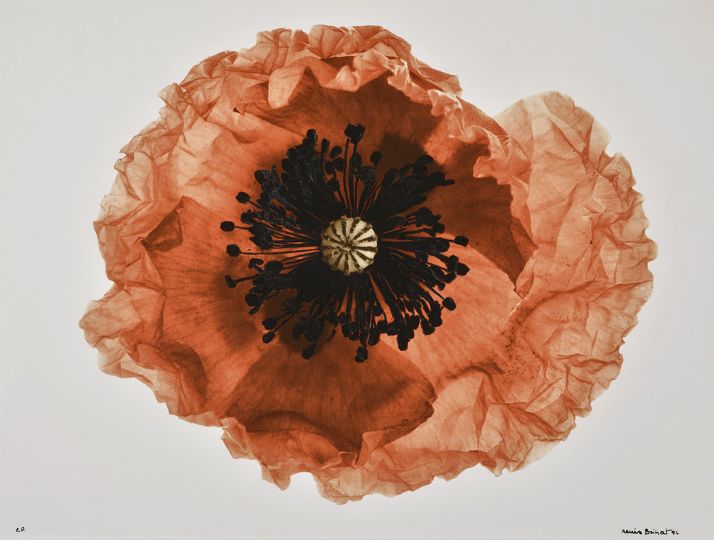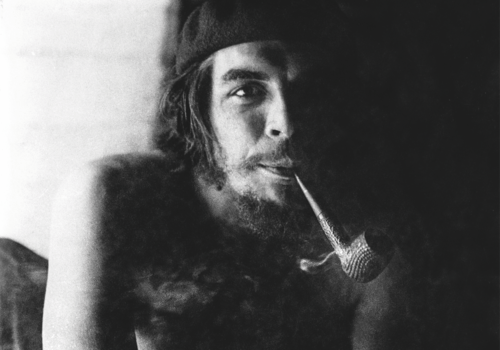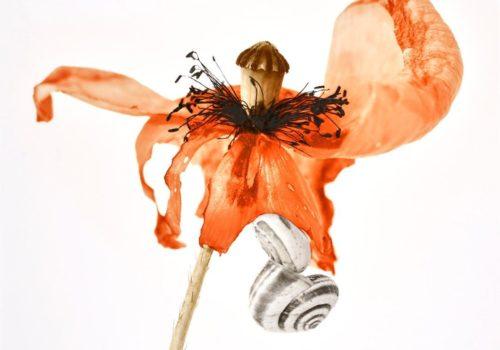The Eye of Photography presents a new chapter of “Carte Blanche” with the support of MPB. Each month, a French photographer will present an original series produced with equipment loaned by the international platform for buying, selling and trading used photo and video equipment.
Maru Kuleshova’s photographs try to apprehend the mechanisms of collective remembrance in order to face and understand war trough the recomposition of images and memories.
Maru Kuleshova – Flicker
“One moment and the morning light would slip through the gap between the curtains. And with memories. How many have accumulated in me since the war?
After Russia launched a full-scale war in Ukraine in 2022, I began to research more into the mechanisms of collective memory and post-memory. Thinking about such things led to a lot of questions accumulating, memories overwhelming me and settling inside like dust.
Photography became my companion on this journey and allowed me to find ways to explore war through non-verbal language. It was as if all my frozen feelings of the past few years, so tightly wrapped in a shroud, began to break free and settle into photographs as the only language where silence and frozen time intertwine.
In recent weeks, I have been lucky to continue my research with the Sony a7s iii camera and the Sony FE 24-70mm f/2.8 GM lens provided by MPB. The series presented focuses on how human fragility and relationships try to persist in this time of calamity.
Also using a monocle as a lens, I noticed that the softness inherent to this technique gives the photographs a sense of lightness and seems to thoroughly subdue all the complex content of my current research”.
Maru Kuleshova
Born in 21.08. 2000 in Abrau-Durso, Russia. , Maru Kuleshova now lives in France and was part of the artistic residency of the Cité internationale des arts in 2024. She was formed to photography (Self-taught)
In the past decade, Maru Kuleshova realized how verbal language proved impotent and illusory to testify about the trauma of the war, and more widely, the tragedy of life. In many ways, war remains in her words “a territory of unspoken human experience, often inaccessible to full understanding”. After the second Karabakh war, she began exploring the memories of people who had experienced this fate.
Immersing herself in these memories generated a powerful tactile contact with images, thoughts and memories that could be apprehended through visual language. Photography then “became an act of love, an attempt to preserve memory and intimacy, from oblivion”.
More informations

